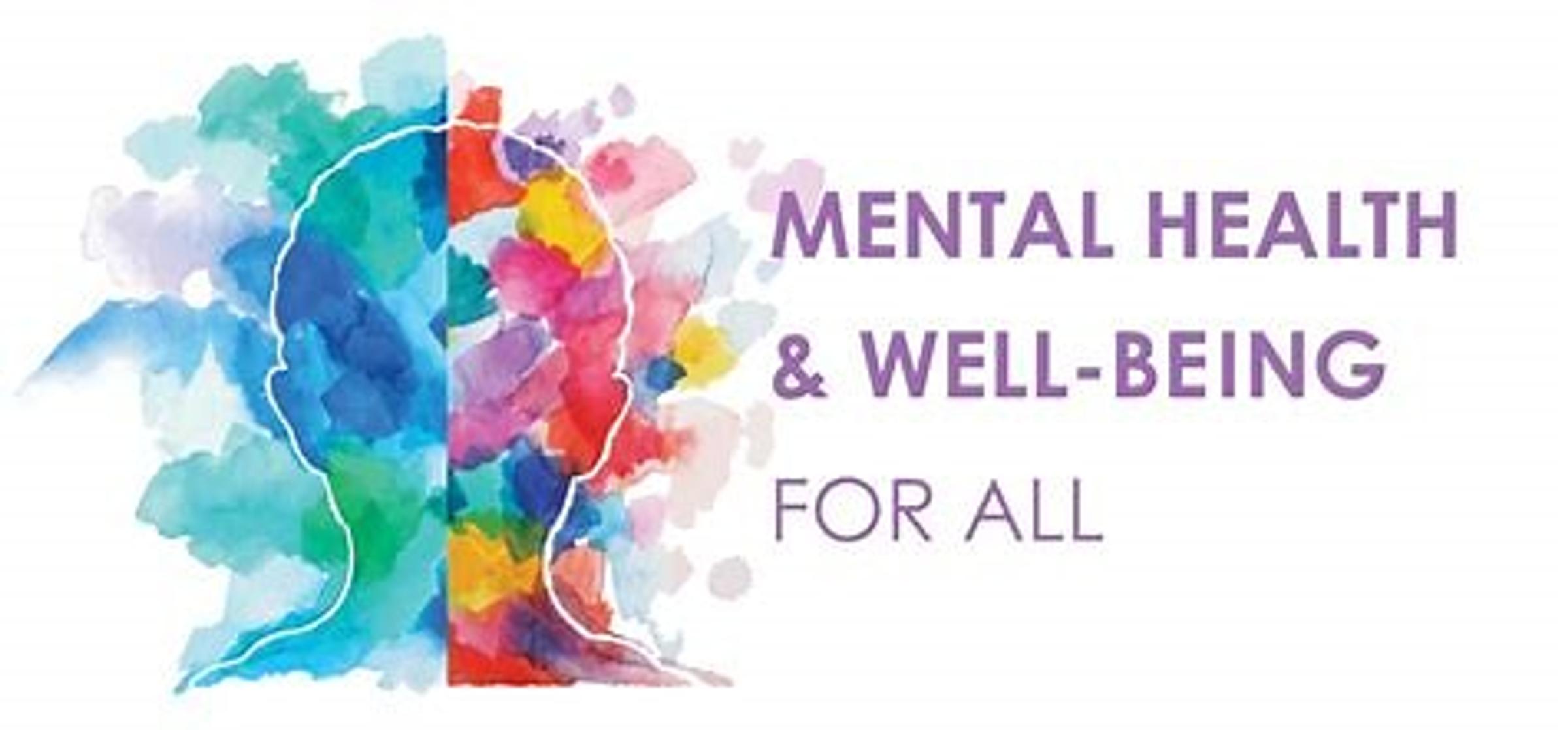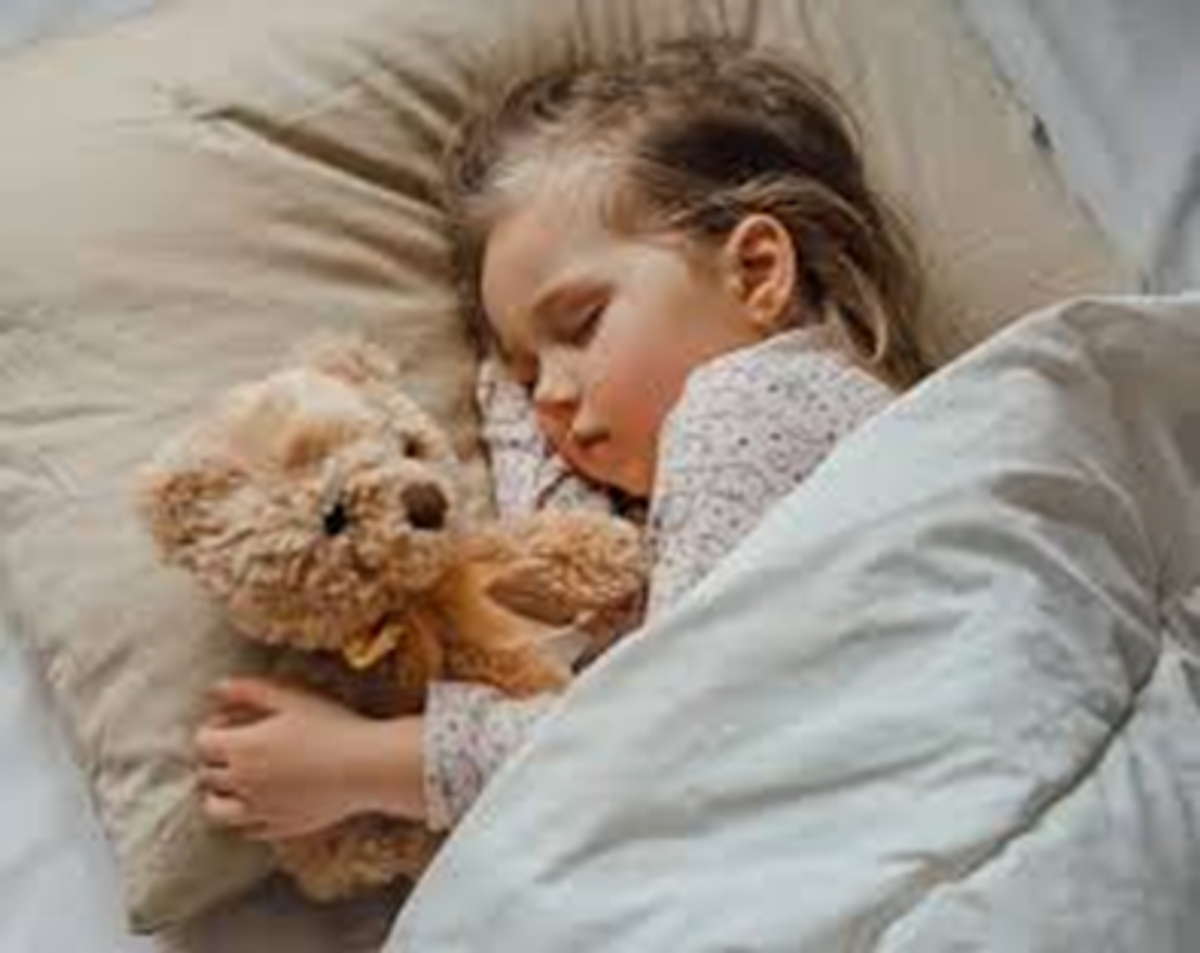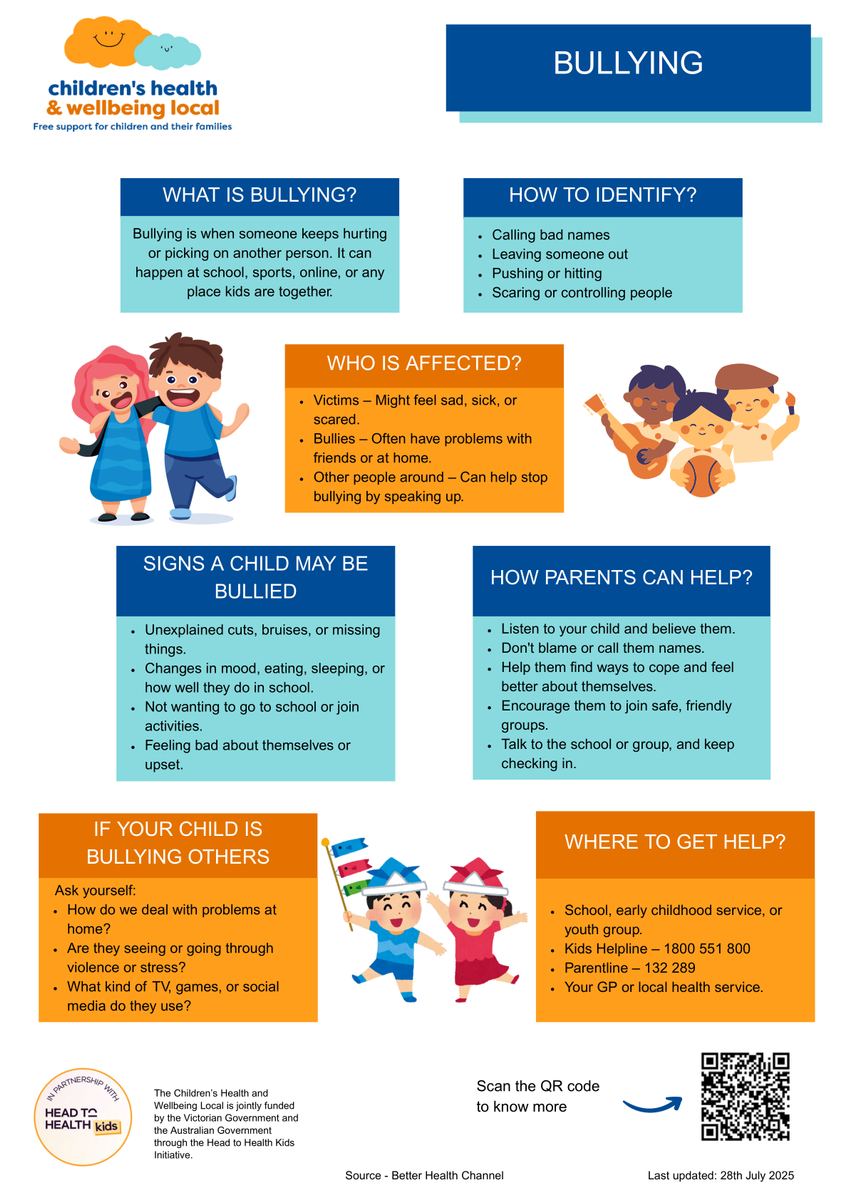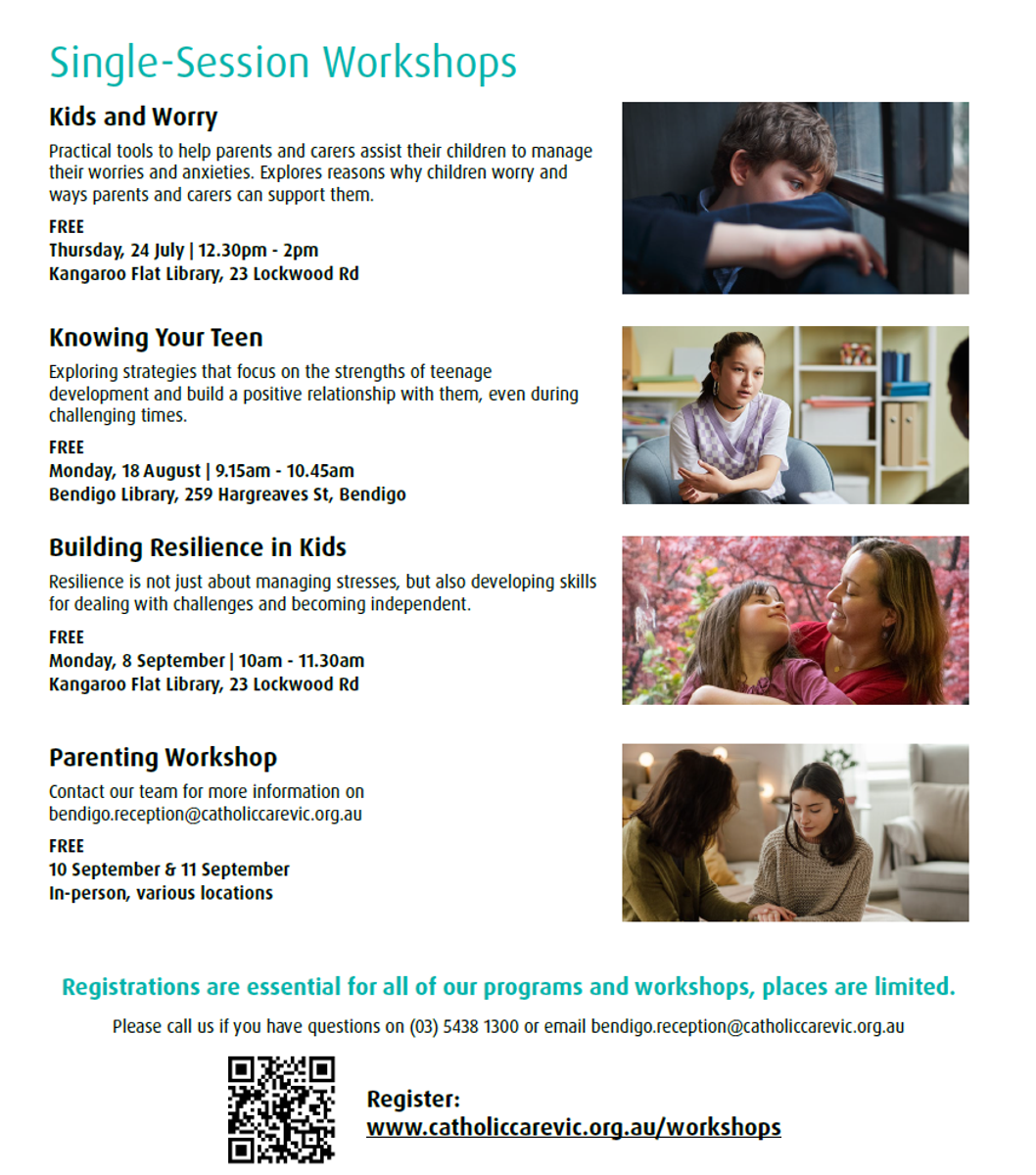Mental Health
& Wellbeing update

Mental Health
& Wellbeing update
Why is sleep so important?
Sleep is essential for growth, immunity, learning and memory and is important for helping a child heal and recover. Healthy sleep means a good quantity and quality of sleep, with regular sleep routines.
How much sleep do children need?
For children aged 3-5 years, the daily recommended amount of sleep is 10 to 13 hours (including naps). For children 6-12 years recommendations suggest 9 to 11 hours are optimal for growth, learning, rest and recovery.
What happens if my child doesn’t get enough sleep?
A child who does not get enough healthy sleep may experience difficulties with concentration, memory, regulating their emotions, organising tasks and creative thinking. These children may be easily distracted, irritable, disruptive or generally hyperactive and restless. A lack of healthy sleep has been linked to mental health problems, poor growth, excessive weight gain, and reduced school performance.
What can be done to help develop good sleep habits?
Key points
See your GP if you’re concerned about children’s sleep.
Thanks,
Bron Coffey




CatholicCare Victoria offer a support system for parents and families. They will be running a number of FREE parent information sessions.
Current sessions topics include:
Circle of Security
Tuning in to Kids
Kids and Worry
Building Resilient Kids
Knowing Your Teen
My Kids and Me and
Stress Busters
Click on the CatholicCare PDF link to download the entire Term 3 flyer or use the QR code to register.

